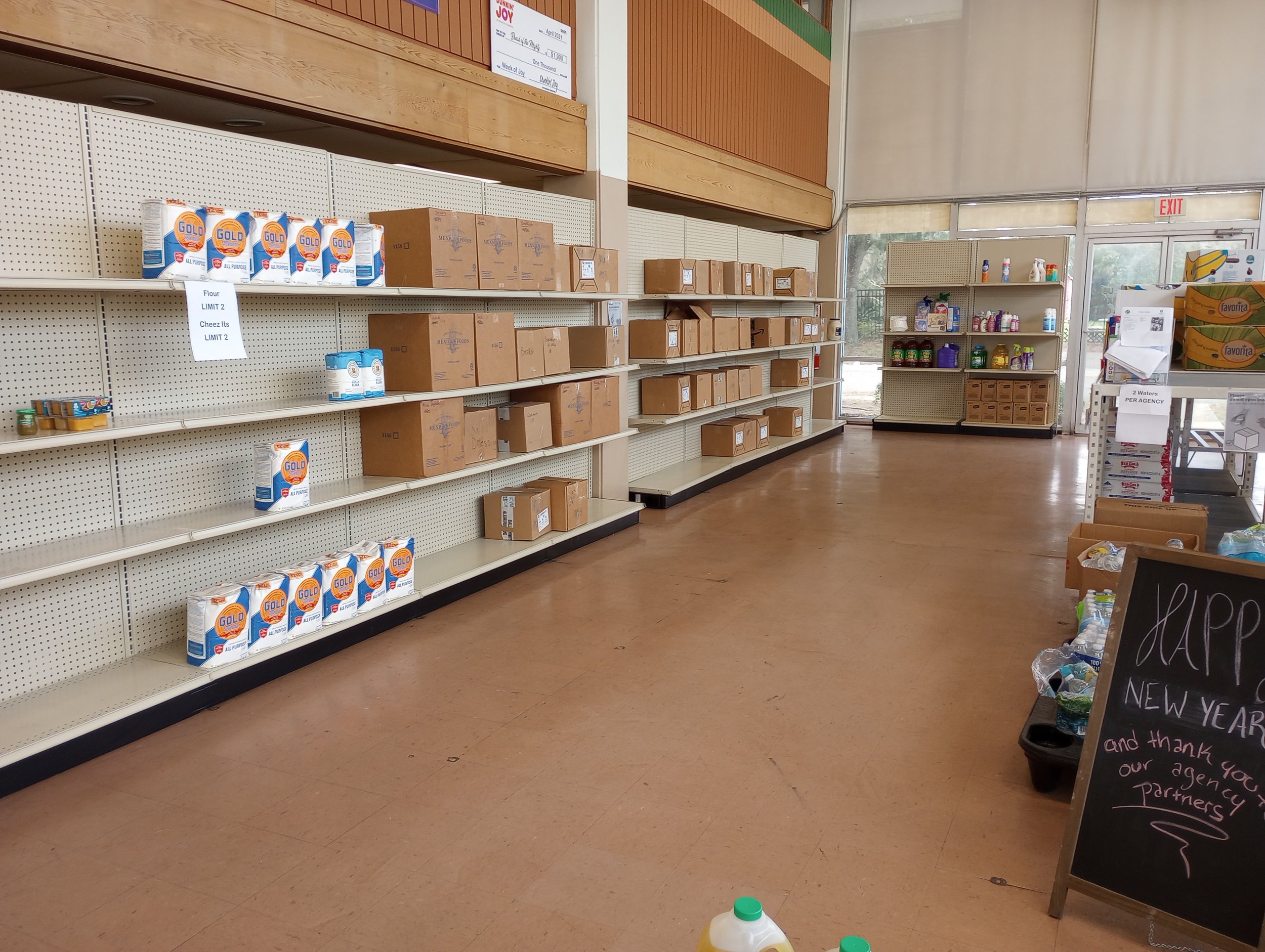Interview with Matt Buszko, the City of Gainesville’s Senior Zero Waste Specialist
Matt wants everyone to understand the difference between Zero Waste Gainesville and Gainesville’s Zero Waste Initiative. Zero Waste Gainesville is the local organization that spear-headed the campaign for the collection of Gainesville’s Zero Waste ordinances that unanimously passed in 2022.
Gainesville’s Zero Waste Initiative is the City’s plan of action that stems from the collection of zero waste ordinances and has an overarching goal to make Gainesville a zero-waste city by 2040. The Initiative involves the entire Solid Waste division of Gainesville’s City Government.
Current Focus:
Matt and his colleagues on the Zero Waste Team are currently focusing on assisting Multi-Family Properties with their Lease Transition Plans. The initial focus is limited to properties with 200 units or more, and the Solid Waste Department plans to provide waste alternatives that promote diversion, reuse, and overall better waste management. Effective 1/1/2025, properties with 50 units or more will also be expected to submit Lease Transition Plans.
Left to right: Austin Smith and Matt Buszko, Zero Waste Specialists, City of Gainesville
“Everywhere you look you see a single-use item,” Matt said, “and everywhere you look, you see a trash can.” Together they present a powerful visual that upholds the current linear waste stream where everything winds up in the landfill.
“If all you have is a trash can,” Matt continued, “all efforts at meaningful waste diversion are effectively disincentivized. Our aim is to help MFPs equip themselves with the proper tools to set up waste diversion systems that can end up saving them money (by reducing waste hauling fees) and making them look better in their tenants’ eyes.”
Creating and launching a plan of action to divert this trash would make a significant dent in our goal to reach zero waste by 2040. The City hopes providing increasing alternatives to that linear waste stream will further build the mindset of sustainability.
Curbside Composting:
Matt began our talk about Curbside Composting by saying, “If you build it, they will come.”
The challenge of curbside composting is that nobody in the South or in Florida offers an example of curbside food waste collection. The original curbside collection pilot project that was originally funded by a United States Department of Agriculture (USDA) grant has expanded. The program continues to receive consistent positive reviews from participants. There is ongoing exploration into expanding the program, but also into weighing the economic feasibility of expansion. Matt encourages people to make their voices heard if they want this program to continue and grow. Gather 50-100 signatures in your neighborhood, put your neighborhood on a waiting list for curbside pick-up, and tell your commissioners you are in favor of expanding this program.
Further good news is that Beaten Path continues to expand and now employs 4-5 people in green jobs that pay a living wage. And Organix Denali, O-Town Compost, and Renuable are companies that are in the process of providing large-scale composting services to Gainesville.
You can find a complete list of Food Waste Collection Services as well as other waste collection services, such as metal recycling, paper and document shredding, and more on the City’s Website.
Left to right: Austin Smith and Tom Strickland, City of Gainesville Recycling Coordinator
And, What About Long Term Plans?
Matt believes the future opportunities for zero waste expansion are “sky-high.” He is currently in consultation with Joy Hughs at Life Unplastic to design a pilot project for reusable takeout containers across Gainesville eateries, restaurants, and hot-bars. Durham, NC, has offered a program to their citizens for years, and Matt believes a similar program is possible for Gainesville. Check out Joy and Danny at WHOA! with Collin Austin to learn all they do to promote a sustainable Gainesville.
What else is going on?
UF students are participating in the City’s Adopt a Street Program. Students have signed-up for the upkeep of as much as two miles of City streets. This program is open to all. If you are part of an organization that wants to give back to Gainesville, contact Matt for more information.
Matt Buszko during a composting workshop























